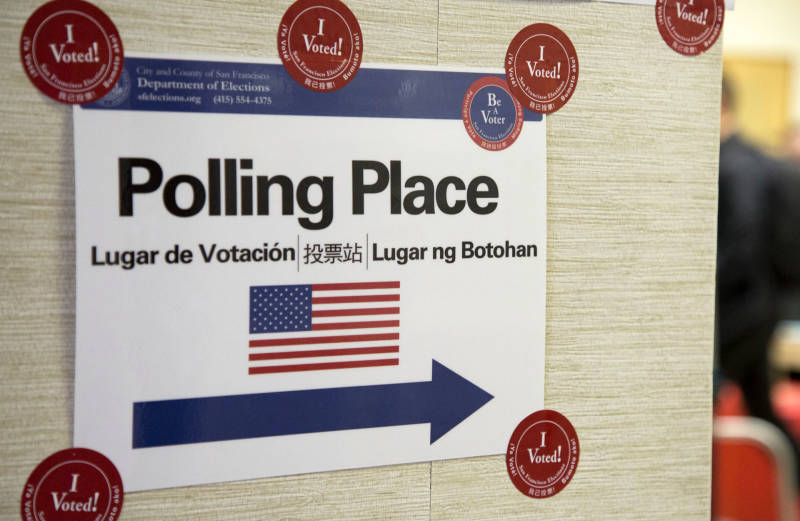It’s shaping up to be a pricey election cycle in California, maybe the most expensive ever. And politicians at all levels are trying to tap into the state’s deep-pocketed donors. Raising money for all those campaigns is a full-time job -- and it’s a job done largely by women.
The woman in charge of fundraising for the California Democratic Party is Angie Tate. She is often credited with raising a multimillion-dollar war chest for Gov. Jerry Brown, although she insists the governor did most of the work. That attitude is at the core of Tate’s take on fundraising.
"Being humble when you’re raising money is super important," she says. "Because it’s not about you, it’s about the candidate you’re moving forward. It’s about what the donor’s needs are. It’s not about thinking about yourself."
And Tate thinks that’s why women have been so successful at political fundraising. While exact numbers are difficult to come by, those in the field say women make up the majority of the profession. Democratic political consultant Rose Kapolczynski managed all four of Barbara Boxer’s U.S. Senate campaigns. She says that 30 years ago, women were kept out of strategic positions.
"So women who wanted to be involved in political campaigns professionally became field organizers or fundraisers," she says.

